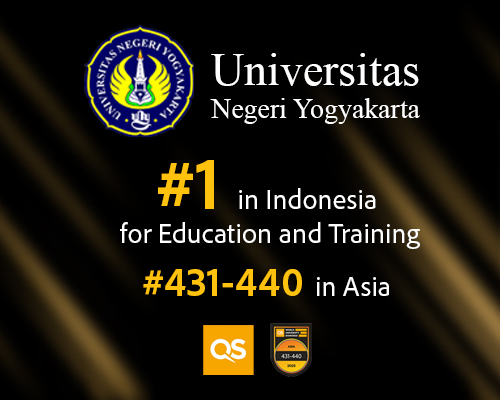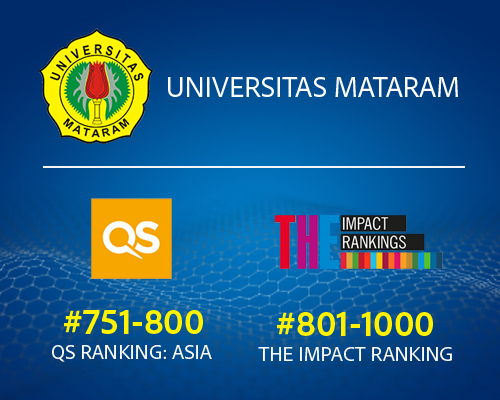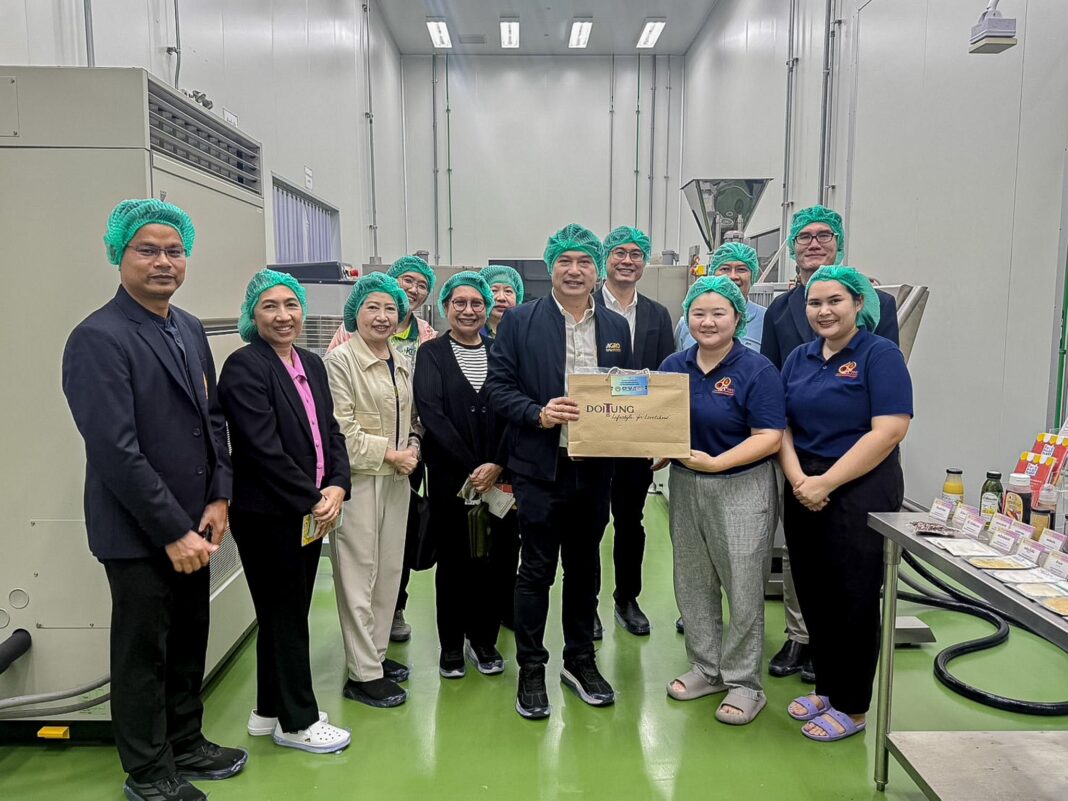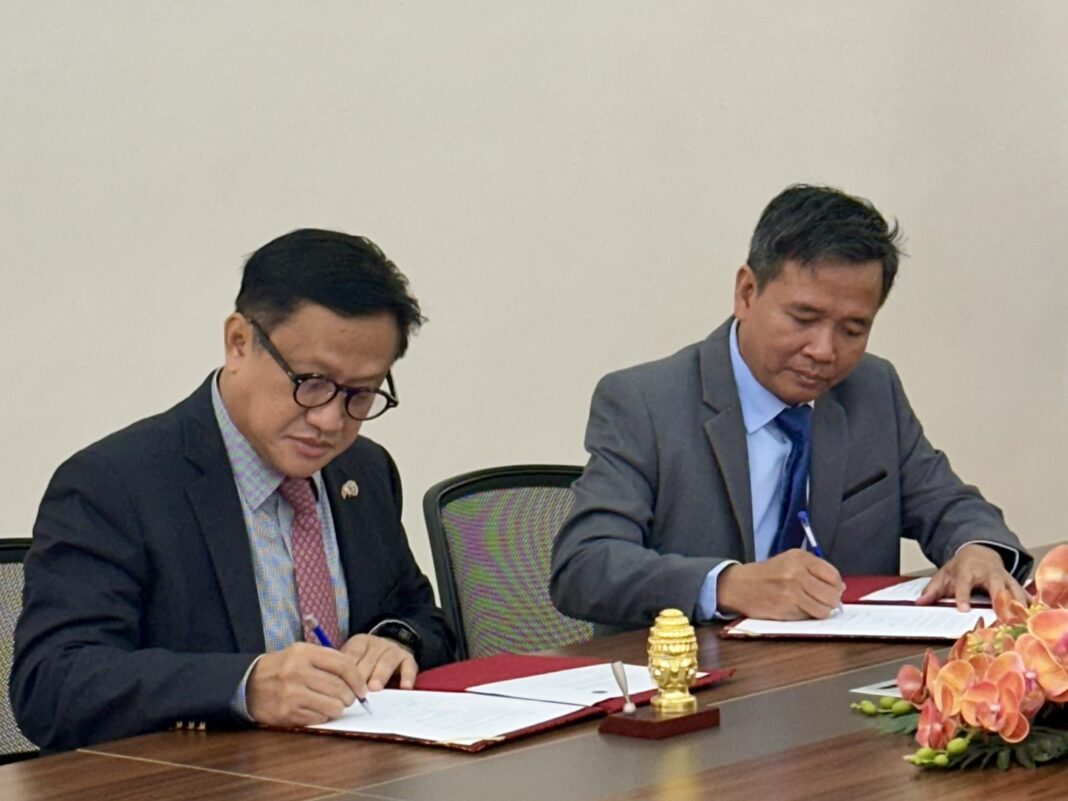Have you ever wondered how Thailand’s universities are transforming the future of food production? A recent delegation visit to one of the nation’s premier food technology facilities reveals just how cutting-edge research is shaping the agro-industry landscape.
Khon Kaen University Showcases Advanced Food Technology to National Agro-Industry Delegation
On Friday, September 5, 2025, Khon Kaen University opened its doors to a distinguished group of academic leaders from across Thailand. The delegation from the Agro-Industry Academic Council Association (AIAC) arrived at the university’s Food Pilot Plant with a clear mission: to explore modern food processing technologies and foster nationwide academic collaboration that could reshape Thailand’s agricultural future.
State-of-the-Art Equipment Takes Center Stage
Hosted by the university’s Enterprise and Sustainable Society Division, the comprehensive facility tour revealed the impressive scope of modern food technology capabilities. Meanwhile, faculty members and officials had the opportunity to observe equipment that represents the cutting edge of food processing innovation.
The delegation examined three key technologies that are revolutionizing the food industry. First, they explored a sophisticated twin-screw extruder, which enables precise control over food texture and composition. Next, they witnessed the High-Pressure Processing (HPP) system in action—a technology renowned for preserving nutritional value while extending shelf life without traditional heating methods. Finally, the spray dryer demonstration showcased how liquid food products can be efficiently transformed into powder form while maintaining their essential properties.
Building Bridges Across Academic Institutions
As a result of this collaborative initiative, the primary goal extended far beyond a simple facility tour. The event served as a strategic platform for strengthening cooperation among agro-industry faculties from universities throughout Thailand. For example, participants exchanged innovative strategies designed to develop and elevate teaching and learning standards across the academic network.
This knowledge-sharing approach directly supports the AIAC’s broader mission of advancing a strong and sustainable Thai agro-industry. By fostering these academic partnerships, universities can leverage shared expertise to accelerate agricultural technology innovation across the nation.
Aligning with Global Sustainability Goals
Furthermore, this initiative demonstrates a significant commitment to the United Nations’ Sustainable Development Goals (SDGs). The program strategically aligns with three critical objectives that address global challenges.
The event specifically supports SDG 2 (Zero Hunger) by promoting quality food production, SDG 9 (Industry, Innovation, and Infrastructure) by showcasing modern industrial technology, and SDG 12 (Responsible Consumption and Production) by encouraging socially and environmentally responsible practices in the food sector.
Technology That Transforms Food Production
The advanced equipment demonstrated during the visit represents more than impressive machinery—it embodies the future of food security and sustainability. These technologies excel in preserving nutritional value, extending shelf life, and adding significant value to food products, addressing critical challenges in global food distribution and waste reduction.
According to the Food and Agriculture Organization, such innovative food processing technologies play a crucial role in reducing food waste while maintaining nutritional integrity throughout the supply chain.
The Path Forward for Thai Agro-Industry
This collaborative visit to Khon Kaen University’s Food Pilot Plant represents more than an academic exchange—it signals Thailand’s commitment to leading innovation in sustainable food technology. By bringing together expertise from across the nation’s universities, the AIAC is building a foundation for agricultural advancement that could benefit communities far beyond Thailand’s borders. As these academic partnerships continue to flourish, the potential for groundbreaking research and practical applications in food technology will undoubtedly expand, creating lasting impact for both industry and society.





